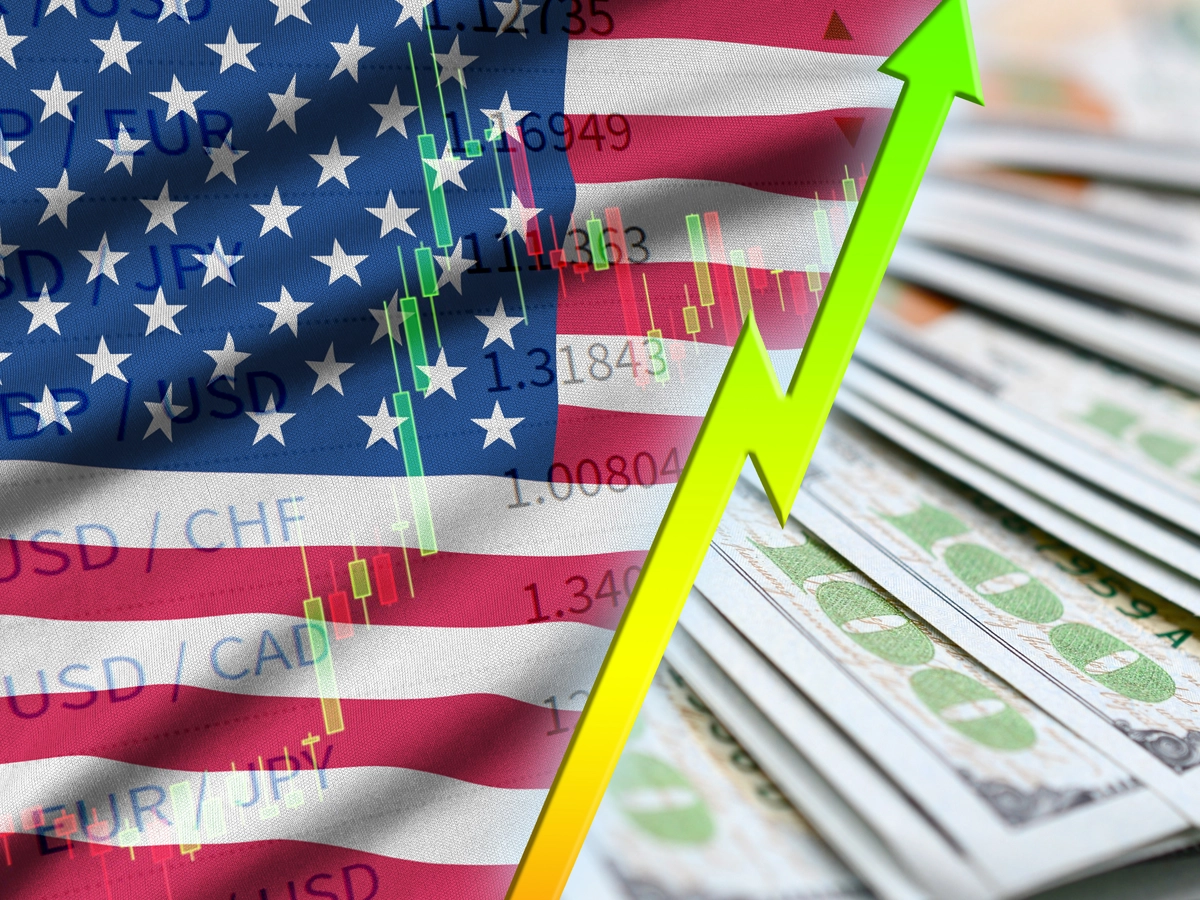How the Stock Market Is Shaped by the US Dollar and International Conflicts
The stock market does not move in a vacuum in the ever-changing world of investing. It responds quickly to global developments and macroeconomic factors. The two most significant of these are changes in the value of the US dollar and global conflicts, including Middle East wars or tensions between superpowers. When combined, they cause tremors, occasionally waves, in the world's financial markets.
The U.S. dollar's influence in international markets
In addition to being the currency of the United States, the U.S. dollar (USD) is the reserve currency of the entire world. It has a significant impact on investor confidence, commodity price, and international trade. Commodities like gold and oil, emerging markets, and multinational firms are all impacted when the dollar rises or falls.
Principal Impacts on the Stock Market:
A strong dollar hurts American exporters but helps industries that rely heavily on imports. Outflows from emerging markets may also be triggered by it.
A weak dollar increases corporate profits for American businesses operating abroad and raises the price of commodities, particularly gold and oil.
Higher interest rates are frequently indicated by a rising dollar, which pulls investors away from riskier companies and into U.S. Treasuries, particularly in growth and technology stocks.
War and Conflict: The Repercussions of Geopolitical Unrest
Markets experience fear, volatility, and uncertainty as a result of wars, particularly ones that involve oil-producing countries (such as the Middle East). Global supply networks, energy flows, and investor sentiment can all be disrupted by conflicts like the Iran-Israel tensions or the Russia-Ukraine war.
Market Reactions to War: Enhanced Volatility: During combat news cycles, indices such as the S&P 500, Dow Jones, and NASDAQ frequently experience significant swings.
Sector Rotation: While tourism, luxury, and technology can suffer, defense, energy, and commodity stocks frequently see increases.
Flight to Safety: Gold, the US dollar, Treasury bonds, and other low-risk investments are sought after by investors as a haven.
Examples from the Real World in 2022:
Russia-Ukraine Energy price increases, inflation concerns, and stock market declines—especially in Europe—were caused by war.
The ongoing tensions between Iran and Israel have caused safe-haven flows into the dollar and gold, as well as an increase in oil prices.
U.S. rate hikes caused dollar surges in 2023 and 2024, which put pressure on emerging market stocks and encouraged capital flight.
Advice for Investors and Traders
Track Changes in Currency: Reduce your exposure to U.S. companies that rely heavily on exports if the currency appreciates.
Diversify Worldwide: Distribute your investments throughout markets that are less susceptible to particular geopolitical threats.
Pay Attention to Safe-Haven investments: Gold, cash, and dividend stocks are examples of investments that offer stability during times of strife.
Remain Sector-Aware: During volatile times caused by conflict, commodities, energy, and defense frequently gain.
Avoid Panic Selling: If fundamentals hold up well, market declines brought on by war headlines may be swiftly recovered.
In summary, markets respond to more than just numbers.
Conflicts and currencies are important in the commercial world. A distant conflict or a strong dollar can have a profound impact on Wall Street, changing market movements and investor behavior. Traders and investors may safeguard their portfolios and take advantage of new chances among the upheaval by remaining knowledgeable and flexible.



Comments
Post a Comment